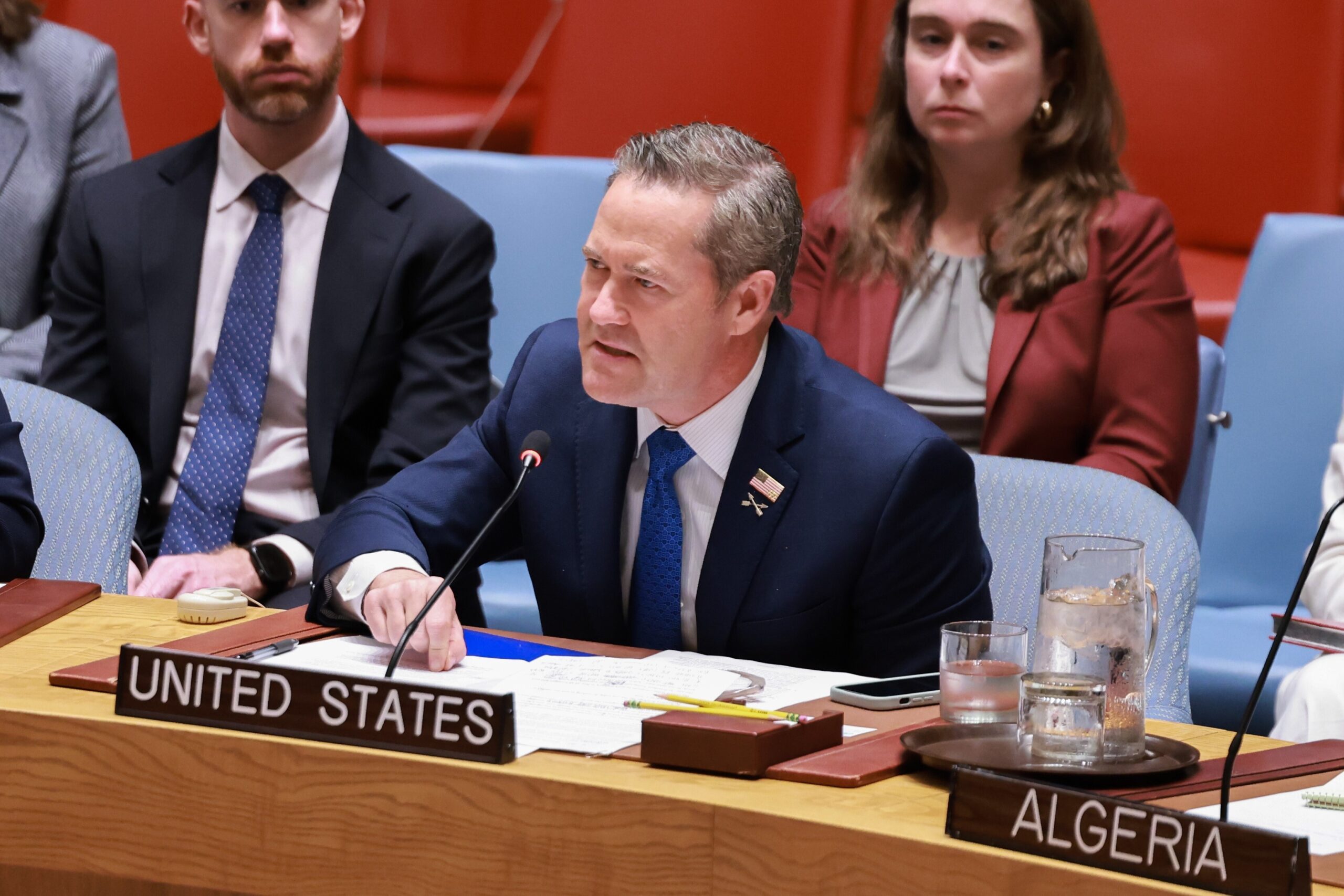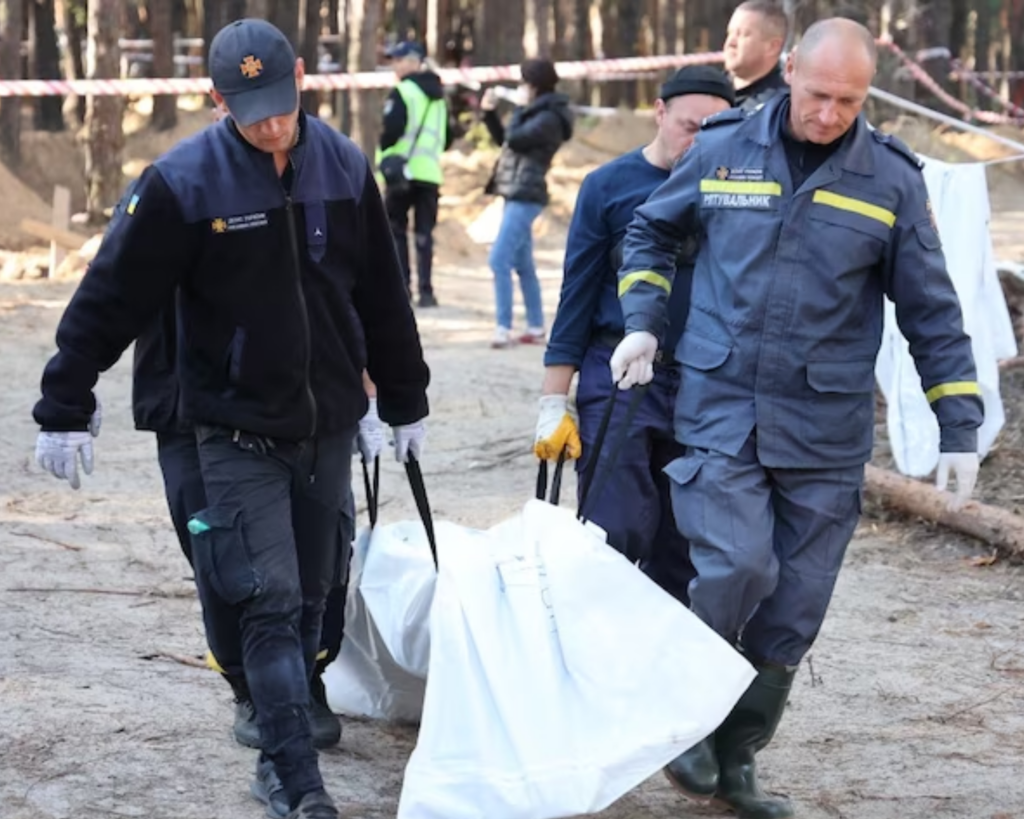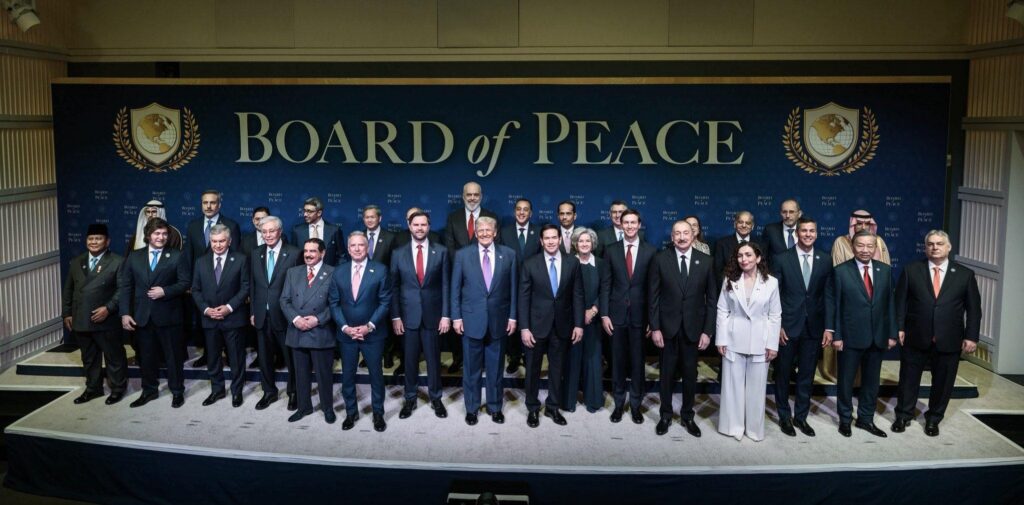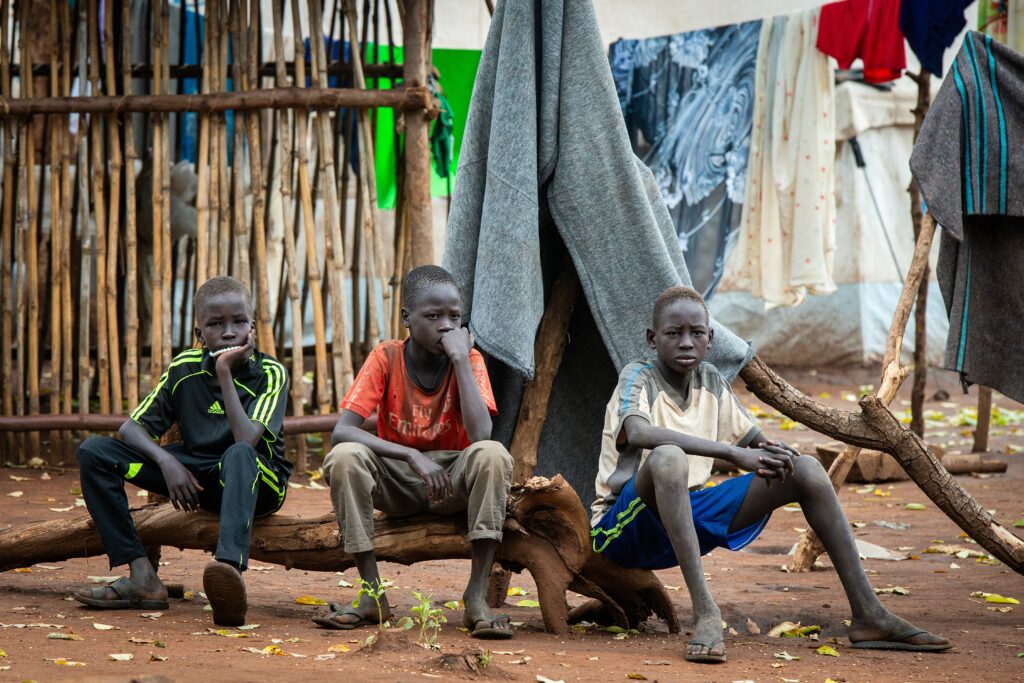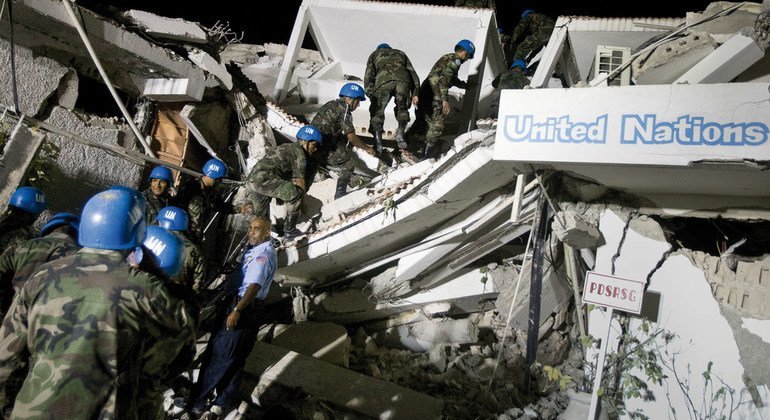In one of his first official addresses to the UN Security Council as U.S. Ambassador, Mike Waltz – a former military officer and Member of Congress – underscored America’s commitment to supporting the United Nations’ work in the Democratic Republic of Congo (DRC).
Speaking about MONUSCO, the UN’s long-running peacekeeping mission in the DRC, Ambassador Waltz praised its role in advancing security. His support was clear and unequivocal: “The United States supports MONUSCO and the role it plays in advancing peace and stability in the DRC.”
Coming from a veteran, his words carried weight in the chamber and beyond. At a time when MONUSCO’s ability to operate has faced obstruction, including from armed groups and the Rwandan Defense Forces in North Kivu, Waltz reinforced the U.S. position: such interference is “absolutely unacceptable” and only prolongs the suffering of the Congolese people.
MONUSCO’s Role
For more than two decades, MONUSCO has been on the ground in the DRC – one of the UN’s largest and most complex peacekeeping operations. The mission has helped shepherd ceasefires, support elections and protect civilians in one of the most volatile regions in the world. While its footprint has gradually drawn down, eastern Congo remains plagued by armed groups, displacement and a worsening humanitarian crisis.
The U.S. has long viewed MONUSCO as an essential tool for stability. Waltz’s clear endorsement signals continuity of U.S. policy at a moment when questions about the mission’s future are under active debate in both Kinshasa and New York.
A Diplomatic Push on DRC-Rwanda Peace
The Ambassador’s remarks also tied directly to the larger diplomatic track now underway. Earlier this year, the U.S. helped broker the DRC-Rwanda Peace Agreement – known as the Washington Accord – under the Trump Administration. Waltz made clear that Washington expects “complete and timely implementation” of the deal, which has already established new joint mechanisms to monitor security commitments.
He also credited the African Union’s role and praised Qatar’s ongoing mediation of negotiations between the DRC and M23 rebels in Doha, calling them “critical to achieving stability.” These processes, taken together, reflect a full-court press: international peacekeeping, regional diplomacy and U.S. leadership working in concert.
Looking Ahead
With MONUSCO’s mandate up for renewal later this year, Ambassador Waltz pledged that the U.S. will work closely with other Security Council members to ensure the mission is “fit for purpose,” more efficient and more effective in delivering for the Congolese people.
That means recalibrating MONUSCO to the realities on the ground – trimming costs and redundancies where possible while doubling down on the mission’s most vital task: protecting civilians and supporting a sustainable peace.
Why It Matters for Washington
The stakes are not confined to Central Africa. Instability in the DRC threatens to spill across borders, destabilizing a region of nearly 150 million people. It opens doors for armed groups, trafficking networks and rival powers eager to expand their influence in a strategic part of Africa.
For the U.S., continued engagement through MONUSCO and diplomacy around the Washington Accord is a clear investment in preventing wider conflict and averting humanitarian catastrophe. It also reinforces an important truth for policymakers in Washington: U.S. leadership at the UN multiplies our power, strengthens global coalitions and reduces the need for costlier interventions down the line.
